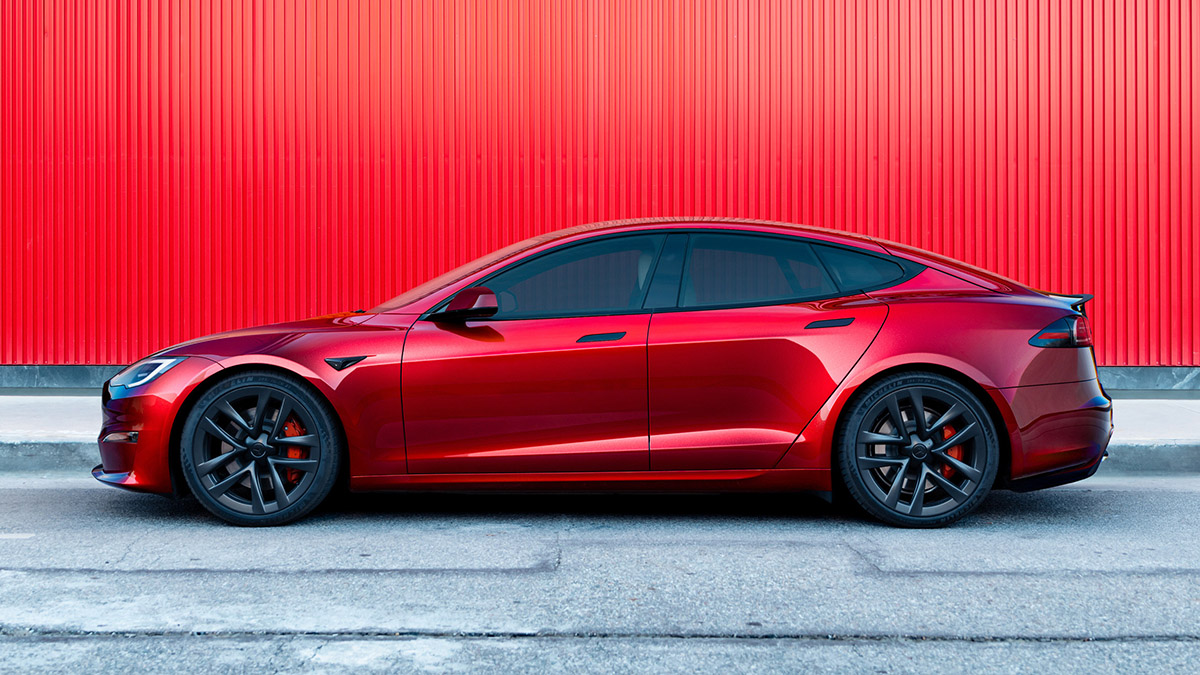
Recap: The Cars
The Chevy Bolt EV is a small electric hatchback first released for the 2017 model year. Chevy updated its design with new styling and upgraded cabin tech for the 2022 model year. The Bolt EUV is all-new for 2022. Essentially a stretched Bolt EV, it offers more room for rear-seat passengers.
The Bolt brothers were Chevrolet’s first pure electric vehicles (EVs) since the company discontinued the EV1 in 1999. Parent company General Motors has since announced a plan to sell a mostly electric lineup by 2035 and has previewed several more EVS. But all of GM’s newer EV designs use a different architecture. None of those other EVs use the same battery chemistry as the Bolts. That matters because the Bolts’ batteries have proven to be a problem.
The Recalls
Chevrolet issued an escalating series of recalls of the two cars over the past year after fire marshalls blamed Bolt batteries for a number of fires. We’re not aware of any injuries blamed on Bolt fires, but more than a dozen cars have caught fire. Several of the fires spread to structures where the cars were parked. The fires have sometimes begun hours after the cars were last driven.
Chevy initially believed the problem was limited to 2017-2019 Bolt EVs. Dealers first installed software designed to limit the batteries from charging to their full capacity. They later inspected the batteries, seeking to replace some deemed defective.
Working with battery supplier LG, engineers identified the source of the problem and developed manufacturing methods that should keep the defects out of newly built battery modules.
After at least two more fires occurred in Bolts that had received both fixes, the company decided to replace battery modules in every 2017-2019 Bolt. They later expanded that recall to include every Bolt EV and EUV from every model year.
Chevrolet also warned owners to park their vehicles outside, at least 50 feet from other cars, and recommended that they not allow the battery to drop below 70 miles of range. This left owners with severely reduced range – unable to charge their cars to their full capacity and unable to drive them for the entirety of the limited capacity that remained.
Factory Shutdowns
Automakers have paused or slowed production of many new cars in 2021 amid a worldwide microchip shortage. But production lines for the Bolts have been shut down almost continuously since August for other reasons. It opened briefly to build cars for dealers to use as courtesy loaners for Bolt owners.
Otherwise, GM has ceased building Bolts so that all of the new batteries LG produces can go to recalled cars.
The New Software
This latest software patch, Chevy says, “automatically sets the vehicle’s maximum state of charge to 80 percent,” but should allow owners to park indoors and drive even if the battery has less than 70 miles of range remaining.
Owners of 2019 Bolt EVs will be first in line for the update. But, GM says it should be available to every Bolt and Bolt EUV owner “within approximately the next 30 days.”
Owners will have to bring their cars into a dealership for the update.
Manufacturers recall many cars to fix safety defects, sometimes more than once. While automakers try to reach every owner to ask them to bring the vehicle in for repair, they rarely reach them all. Millions of vehicles on American roads need free recall repairs. To find out if your car is one of them, check the easy VIN tool at our recall center.







